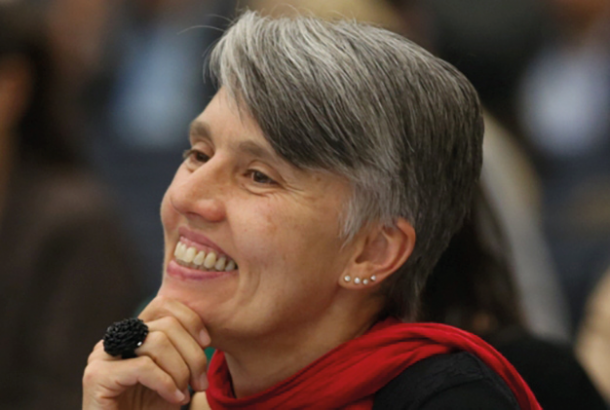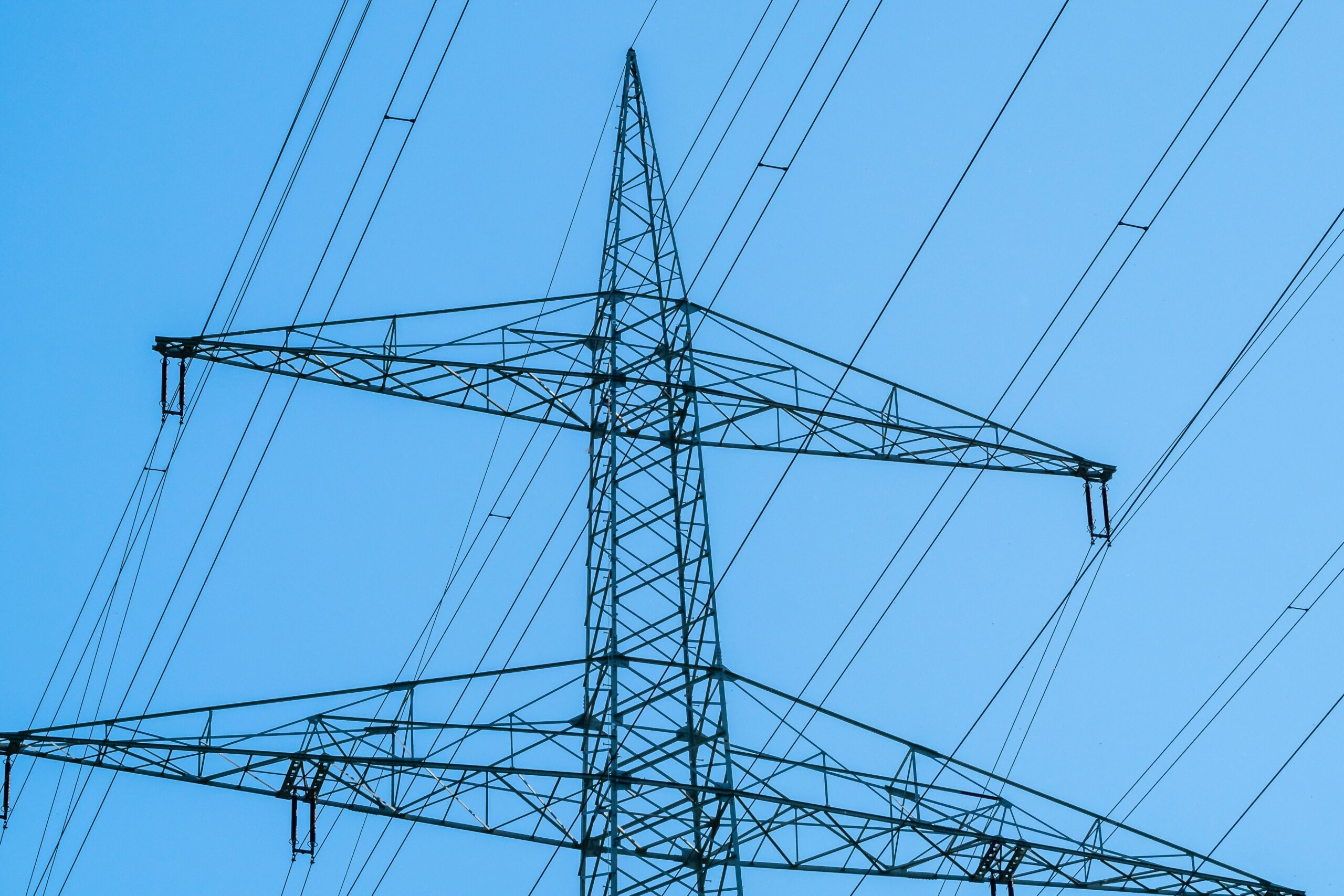Update: COP 27 ended this weekend — you can see the results reported by the United Nations United Nations Framework Convention on Climate Change (UNFCCC) here: https://unfccc.int/cop27
The biggest win is the adoption of a climate “loss and damage fund” meant to help vulnerable countries cope with climate disasters. The 198 participating nations also agreed that the globe needs to cut greenhouse gas emissions nearly in half by 2030. Check out the CNN overview of the conference here.
Read Ipsun’s pre-COP27 thoughts:
A pivotal round of climate talks are underway now, the COP27, or the 27th UN Climate Change conference, and at Ipsun Solar thought we’d share one perspective on what’s at stake.
We know going into this summit that many parts of the world are behind in making needed carbon cuts by 2030 to reach a science-based target to slow warming, reduce human society’s detrimental impact to biodiversity, and recover a livable world. As the global economy comes back from a crushing pandemic, sadly we see instances of regression, where energy of the past like coal has been employed to power reopening, in spite of UNFCCC member countries’ agreements at the last COP to phase out coal.
COPs are now held amid the Age of Climate Impacts
Meanwhile, we are already living solidly in the era of climate change impacts, and there is a growing gap in adaptation and vulnerability to these effects. Research shows that it’s imperative to slash heat-trapping emissions more swiftly, or we lock in more degrees of temperature increase which in turn drives worsening weather related disasters.
- Wildfires in the US and Australia
- Recent flooding in Germany, and flooding last year India, Bangladesh and Nepal with extended and intensified monsoons
- Drought across Africa
- Deadly heat waves in Europe, India and Pakistan
- Central America’s Dry Corridor and longer dry seasons in the Amazon
- Cyclones Idai and Kenneth
- Pacific Islands and sea level rise with accelerated melting of the Greenland and West Antarctic ice sheets
People in poorer countries are at least 4 times more likely to be displaced by such an extreme weather disaster than people in richer countries. The effort to link the need for resources to help save communities from damage and loss as climate change-driven events hit is reflected in the term Resilience Race, to speed the use of tools like insurance and green investing to help financing flow into vulnerable areas.
One theme emerging around COP 27 is to lift up and face the stories of countries and regions recently affected by such catastrophes, and to focus on adaptation and resilience in a world of dangerous warming.
From a shared sense of catastrophe, building resilience
Let’s meet some of the noteworthy voices on these topics and the positive change they’re poised to make at COP27, and we hope we’ll leave you with faces of the effort for a livable world and quotes that set a tone for a productive COP27 where participants will plan and commit to financing solutions for mitigating climate change and adapting to its effects with inclusive and authentic collaboration of the communities that need to be involved most:
 Debra Roberts, South Africa, IPCC Co-Chair
Debra Roberts, South Africa, IPCC Co-Chair
“One of the important advancements is not only talking about risk, but looking at the solutions that we have available to respond to that risk. But a list of solutions is not adequate. What we need to be able to do is determine the feasibility and effectiveness of those solutions and how they might be drawn into practice. And so, it really gives practitioners guidelines about where is the best place to act. We’ve got very clear pointers, for example, to the protection of ecosystems and activities in cities as ways that we might be able to change the world.
 Winston Chow, Singapore, urban climate expert
Winston Chow, Singapore, urban climate expert
“Climate change impacts are magnified in cities, where more than half of the world’s population lives today. Heat waves amplify urban heat islands and air pollution in cities that affect people’s health. Critical infrastructure within settlements such as transportation, water, sanitation, and energy systems have been compromised by extreme weather events. Cities and settlements by the sea are specifically impacted by climate hazards. They are at the front line of climate change, being directly exposed to interacting climate and non-climate coastal hazards, such as sea level rise and destruction of local ecosystems that previously protected people living along the coast.”
 Bogolo Kenewendo, Climate Champion Special Advisor, Africa Director
Bogolo Kenewendo, Climate Champion Special Advisor, Africa Director
“There was finally an increased appreciation for the fact that there are many countries, communities who are already at the forefront of dealing with the impacts of climate change and so we need to be more urgent in terms of addressing this issue… Increased involvement from the private sector was important because it signaled there was an appetite to start doing things through other channels and other ways to drive solutions… There is a need to focus on locally led initiatives and innovations that are being born by experiences on the ground. How do we translate what has been a lot of discussion and goodwill and of that, into real benefits? (There is an opportunity for partnership and for) advocacy, pushing the needle, and having and prompting some of those very difficult conversations around effective financing for adaptation.”
 Nathanial Matthews, Global Resilience Partnership
Nathanial Matthews, Global Resilience Partnership
“We are now facing significant shocks and stresses due to climate change… The critical key was getting those voices heard at the COP that normally wouldn’t be heard.”
What are you looking for at COP27? Do you expect stronger decisive action (like net zero goals with interim benchmarks) from governments or the private sector? How are citizens and society going to be part of the change? Reach us on social media and add your voice to the conversation.
PS: The COP27 is sponsored by Coca-Cola. If you associate soft drinks with plastic pollution in our waterways, you’re not alone, but the fact is we use plastic items every day. Companies from HP to Mattel are now using ocean-bound plastic recovered from coastal locations and have a supply chain to use the washed, shredded, and recycled plastic in electrics, toys, and more.




